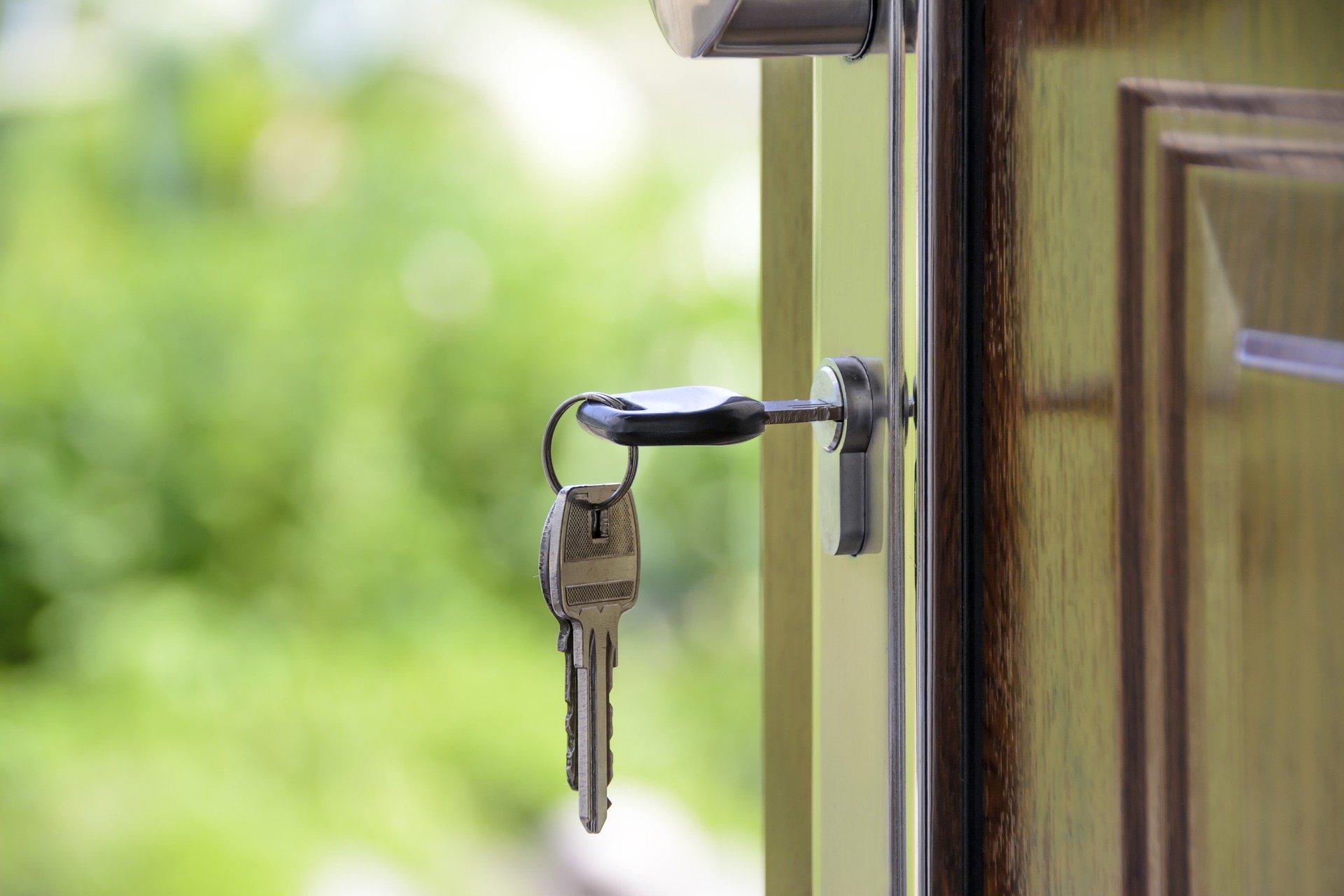Since the publication of this blog, Robert Jenrick announced the re-opening of the housing market on 13 May.
The word ‘lockdown’ itself implies the immediate affect that Coronavirus has had on the housing market – there is little to no movement. Valuers are unable to visit properties for marketing and buyers are unable to attend viewings for purchasing.
What about property purchases that were in motion when the lockdown was announced? The government’s advice was that only the most necessary moves continued. In many cases, even where contracts had been exchanged, the advice was to delay indefinitely putting a significant time lag and added pressure on a buying chain. In many cases solicitors and estate agents have been furloughed which has further hindered the process. Zoopla’s UK Cities Index reports that there are now 373,000 property transactions on hold across the UK, to a total property value of £82bn.
A three month payment holiday is in place for mortgage borrowers, tenants and buy-to-let landlords. This does not offer any protection to landlords who own their properties outright but who rely on the rent for income.
Once the three month grace period comes to an end, careful consideration will be needed to transition both renters and landlords into the ‘new normal’. The onus is on landlords and tenants to work together to a mutually convenient solution. It is critical that there is a transition period to help keep renters in their accommodation and private landlords in business. Some tenants will be under significant pressure given the extent to which the UK workforce has been subject to wage cuts or unemployment.
The Centre for Economics and Business Research predicts a drop in house prices of 13% in the year to March 2021. In the North West, this is expected to be slightly higher at 16%. But it is not all doom and gloom. Zoopla’s UK Cities Index states that there has been a slight rebound for demand in Northern cities, notably Manchester, Liverpool and Leeds – “These are all cities where 2020 started strongly and where housing affordability remains attractive, and where there may be a faster bounce-back when restrictions lift.”
Meanwhile a wave of construction companies have begun a phased return to work in a bid to get UK housebuilding back on track. Housebuilding is a major stimulus for the economy. It may well be that this becomes an area of focus for the government in a post-Coronavirus UK – whether it is to incentivise more affordable housing or assist the delivery of the new First Homes scheme.
We are also seeing that land is coming to the market for those developers with cash; those who are dependent on bank funding will face more of a challenge particularly bringing forward residential schemes in the £10 million to £25 million bracket.
The long term repercussions for the housing market will largely depend on the duration of the lockdown and the measures that remain in place once restrictions begin to ease. We wait with great anticipation as to what the government will announce this week in terms of easing us back into a ‘new normal’.
If you have a question for Harold Sharp’s Proptech team, please contact us.
